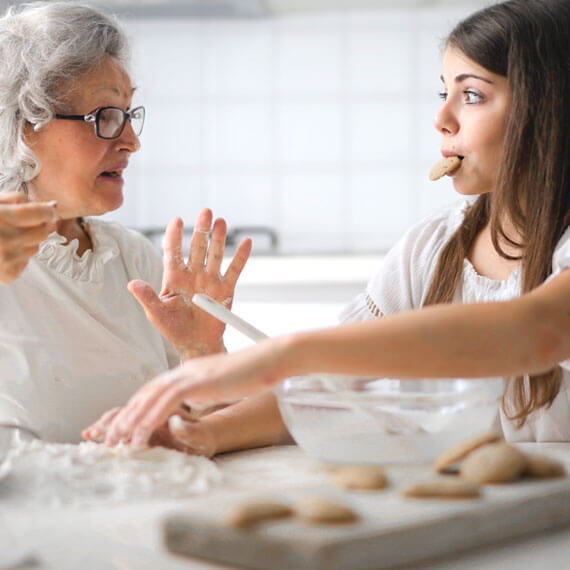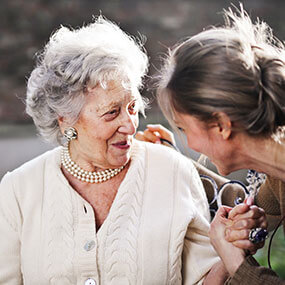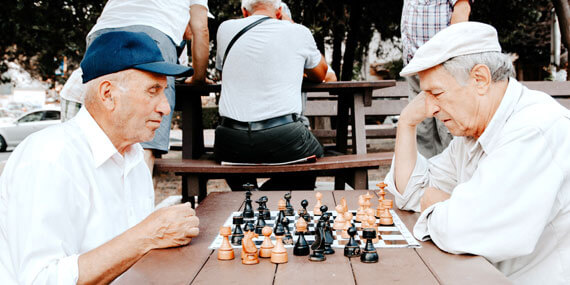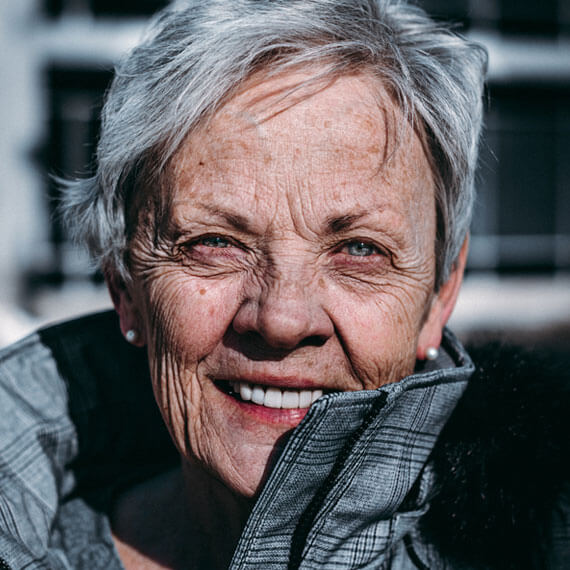Safeguarding
A Few Words
Safeguarding
At Trusted Hands CIC, we are committed to protecting the wellbeing and dignity of every individual—especially those facing homelessness. Our safeguarding approach ensures that adults experiencing homelessness receive the same care, protection, and respect as anyone else in the community.
Safeguarding Homeless Adults: Key Principles
Safeguarding means taking proactive steps to prevent harm, abuse, or neglect, and to promote the safety and rights of vulnerable individuals. When it comes to homeless adults, safeguarding is especially critical due to their increased exposure to risk and social isolation.
Features / 01
Understanding Homelessness
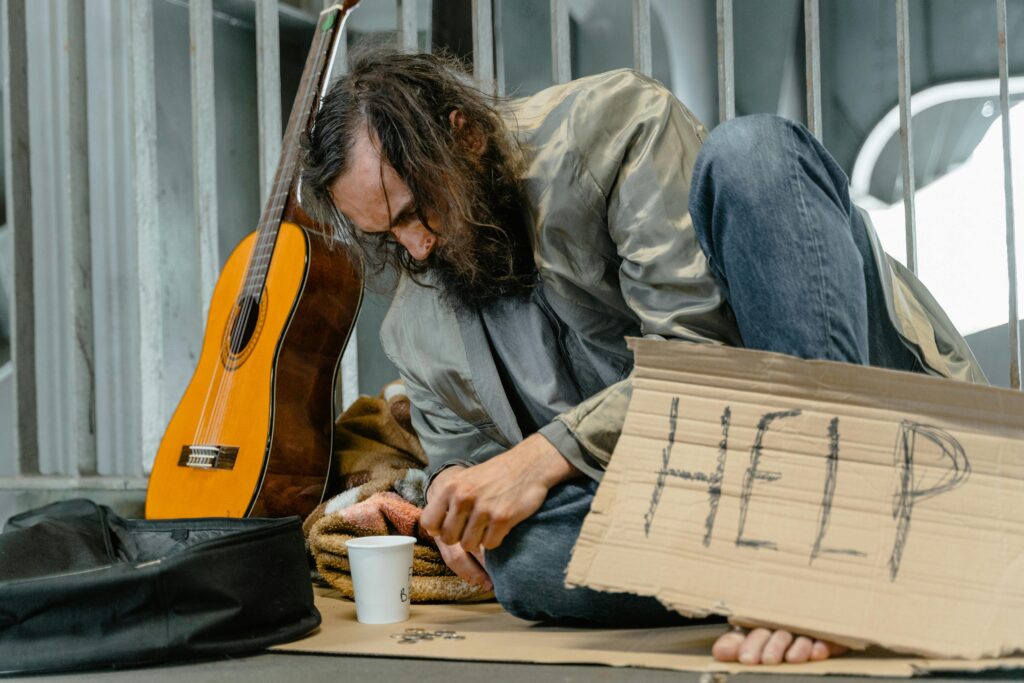
Homelessness goes beyond lacking a roof—it’s about lacking safety, stability, and belonging. It includes people sleeping rough, in shelters, or temporary and unsafe housing. Understanding these situations helps us respond with compassion and create pathways to lasting support.
- Sleeping rough: Living on the streets or in environments not designed for habitation.
- Single homeless: Individuals residing in shelters, hostels, or temporary accommodation.
- Statutorily homeless: Households seeking help due to imminent or actual loss of housing.
- Hidden homeless: Adults whose homelessness is not visible—such as sofa surfing or living in overcrowded conditions.
Features / 02
Risks and Vulnerabilities
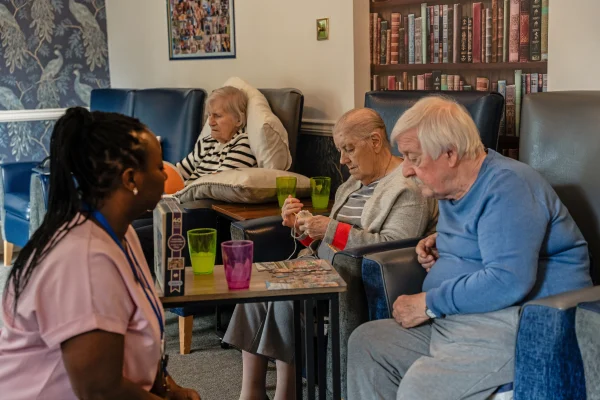
Homeless adults often face increased risks due to unstable living conditions. Without safe shelter, they are more vulnerable to abuse, neglect, and exploitation, as well as physical and mental health challenges. Recognizing and addressing these risks is essential to ensuring their safety and wellbeing.
Features / 03
Equal Safeguarding Rights
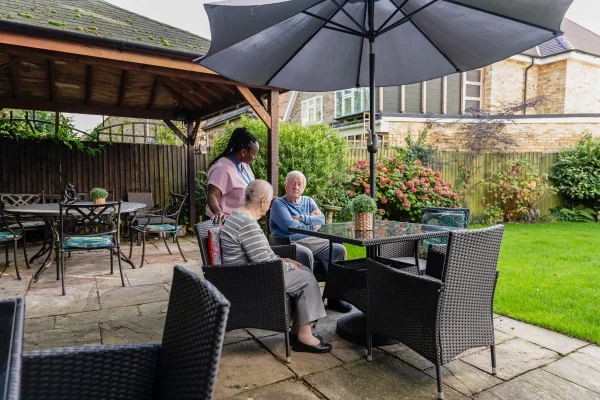
Regardless of housing status—are entitled to equal safeguarding protection. Homeless adults must be treated with the same respect, dignity, and access to support as any other adult at risk. Local authorities have a duty to investigate concerns of abuse or neglect and ensure appropriate care and intervention.

